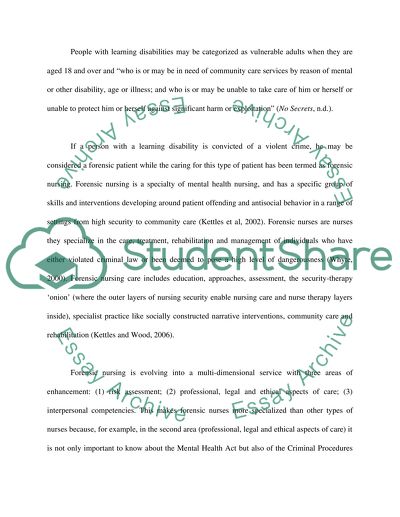Cite this document
(“Critical Inccident Staffs Values and Attitude Essay”, n.d.)
Retrieved from https://studentshare.org/miscellaneous/1540519-critical-inccident-staffs-values-and-attitude
Retrieved from https://studentshare.org/miscellaneous/1540519-critical-inccident-staffs-values-and-attitude
(Critical Inccident Staffs Values and Attitude Essay)
https://studentshare.org/miscellaneous/1540519-critical-inccident-staffs-values-and-attitude.
https://studentshare.org/miscellaneous/1540519-critical-inccident-staffs-values-and-attitude.
“Critical Inccident Staffs Values and Attitude Essay”, n.d. https://studentshare.org/miscellaneous/1540519-critical-inccident-staffs-values-and-attitude.


